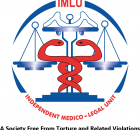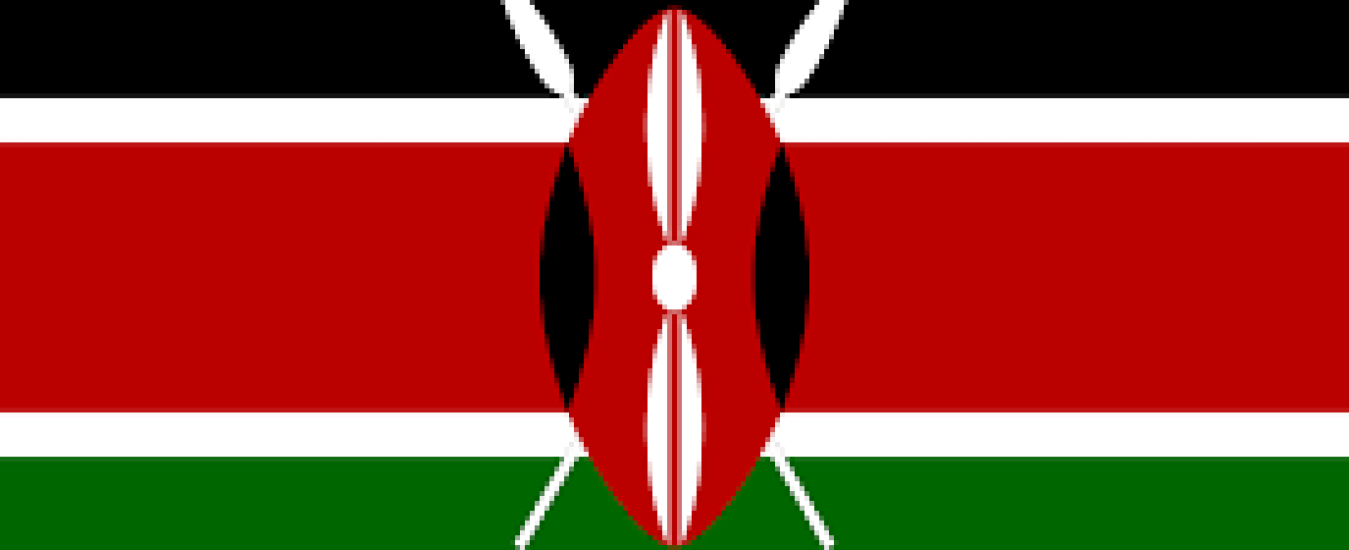
Written By Gitau Mwangi
The primary international instrument pertaining to torture in international law is the Convention against Torture which came into force on 26th June 1987 and to which Kenya became a State Party to in 1997. The treaty governs reporting and monitoring of the Convention and the steps taken by the parties to implement it. It establishes the Committee against Torture and gives it the power to investigate allegations of systematic torture in the jurisdiction of State Parties.
It is upon this premise that Kenya was reviewed by the committee on the 4th and 5th of May 2022, IMLU together with 23 other civil societies had submitted a shadow report reflecting the status of torture in Kenya. Key among the concerns of the committee included;
- The lack of a comprehensive definition of torture in the Prevention of Torture Act.
- The lack of comprehensive reparation mechanisms for torture victims and survivors including PEV.
- Lack of adequate training of the National Police Service on the Convention
- Overcrowding in prisons.
- Lack of adequate investigations and prosecutions for torture, EJE, and Enforced Disappearance.
Pursuant to the review the committee gave 53 recommendations, key among them being;
- Revise the legal framework to ensure that all forms of enforced disappearance are clearly defined in criminal law with associated penalties that are proportionate to the severity of the offense;
- Ensure that prompt, impartial and effective investigations are undertaken into all allegations relating to extrajudicial killings, enforced disappearances and excessive use of force by law enforcement officers and military personnel, and ensure that the alleged perpetrators are prosecuted and the victims adequately compensated;
- Expedite the establishment of the National Coroners Service in order to ensure that any investigation into allegations of extrajudicial executions entails independent forensic examination, including, if necessary, an autopsy, in line with the Minnesota Protocol on the Investigation of Potentially Unlawful Death (2016).
Kenya is required to give a report on the status of implementation by May 2026. The Committee however requested Kenya to provide, by 13 May 2023, information on follow-up to the Committee’s recommendations on extrajudicial killings, enforced disappearances and excessive use of force; National Human Rights Commission; and female genital mutilation about its plans for implementing the recommendations.

